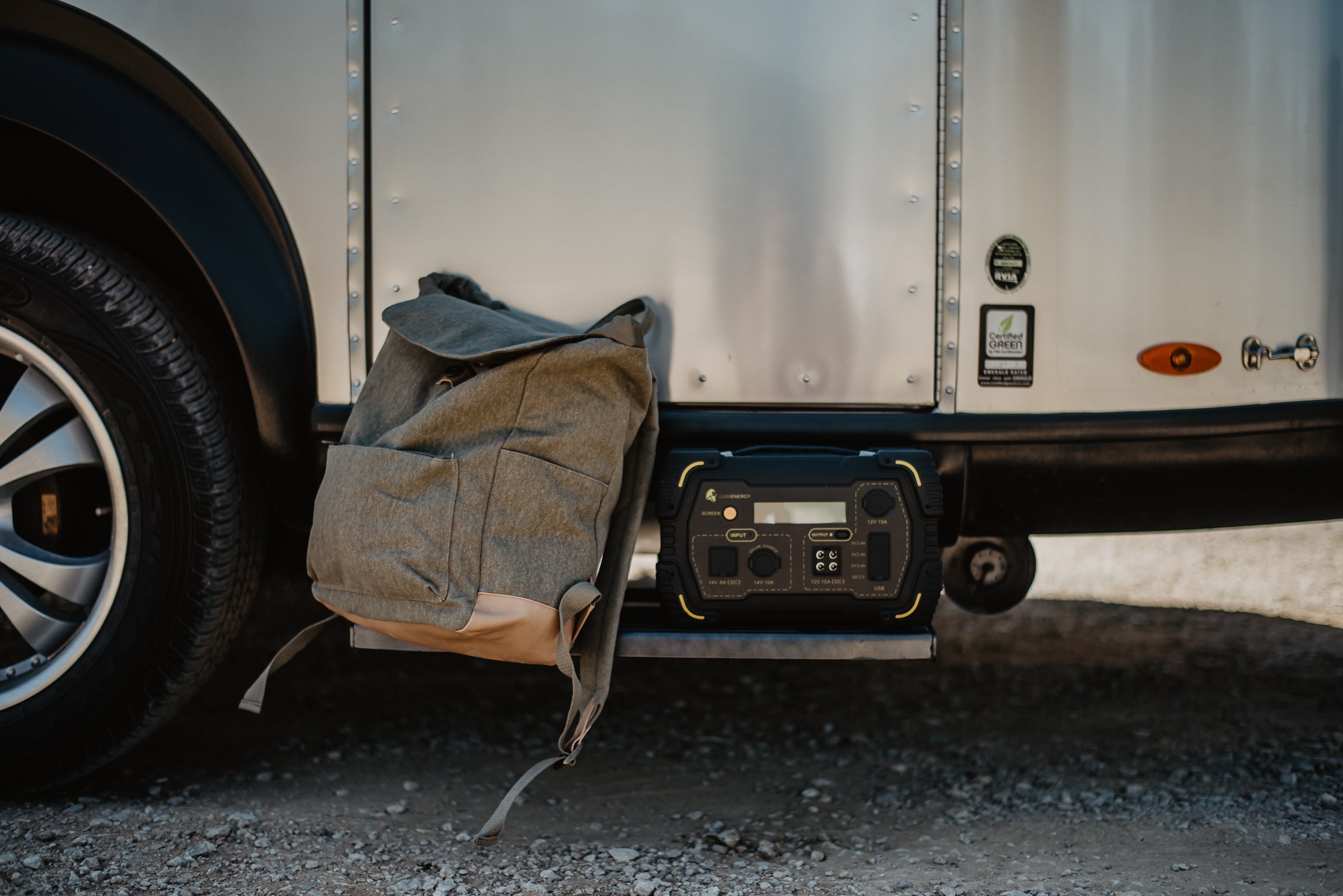I'm sure you've heard many stories or seen many news articles about batteries exploding or catching fire. Many of the situations have even happened on airplanes and caused a great deal of panic.
These situations obviously make headlines and for good reason. However, not all batteries are created equal and not all batteries are dangerous. Not all batteries are going to blow up or catch fire. There are many different types of batteries. And even among Lithium, not all types of Lithium batteries are the same. Lithium batteries are essential to many processes and technologies in our daily lives. You can find Lithium batteries in things like smart cars, smartphones, laptops, cordless power tools, and grid energy sources. These types of batteries are great because they allow us to pack a large amount of energy in a small compact space with pretty low weight.
Most traditional lithium-ion batteries that are found in devices like cell phones are made using a cathode that’s a mixture of lithium cobalt oxide. The structure of a battery is made up of two electrodes—a cathode (positive) and an anode (negative)—and a medium called the electrolyte, through which the electric charge flows. Lithium ions move back and forth between the cathode and the anode when a lithium-ion battery charges and discharges.
The cathode part of the battery is the place where traditionally the lithium-ion battery industry can tweak the energy and power density—or how much energy and power can be stored per volume. (Power is basically how quickly the energy can be taken out and put to work.) Different material combinations can make the battery able to store more energy or produce more power, and likewise, make the battery more or less stable.
Let's look at a few different types of Lithium batteries.
LiCoO2 or Lithium Cobalt Oxide
High power but dangerous. These batteries are very high power and very lightweight. They are however the ones most likely to explode. Whenever you hear a story about a Lithium battery going “bang,” it is most likely this kind of battery. The batteries have a higher energy density, power density, and cycle durability.
You will often find these batteries in laptops, digital cameras, etc.
LFP or Lithium Iron Phosphate - LiFePO4
Extremely safe but bulkier. Lithium iron phosphate, also called LFP, (LiFePO4) batteries are more tolerant at full-charge conditions and are less prone to stress than other Li-ion batteries when subjected to prolonged high voltages.
The upshot with these batteries is that their chemistry makes them extremely safe. No one has ever heard a news story about a battery explosion with an LFP battery. Because they are extremely stable, they also have a very long life (tons of life cycles compared to other batteries). The downside to these batteries is that they will weigh more than the other batteries the same storage capacity.
It has a lower energy density and a low operating voltage. This battery has good thermal and chemical stability which improves safety. These cells are much harder to ignite in the event of mishandling. It is highly resilient during oxygen loss which can result in an exothermic reaction in other lithium cells. Some examples include car batteries and motorcycle batteries.
These batteries benefit from low-resistant properties, thereby increasing their safety and thermal abilities, making them ideal for electric motorcycles and vehicles. These are the types of batteries Lion Energy has always used to ensure safety.
NMC or Lithium Nickel Manganese Cobalt Oxide - LiNiMnCoO2
A good blend of the previous two. Safe and high power and lighter. This makes them ideal for portable application where safety is still of utmost importance. NMC batteries provide high capacity and high power. They also serve as Hybrid Cell. This chemistry/chemical combination is becoming a favorite across most industries. It’s meant to be used for daily cycling for a home, business, or certain types of clean power.
NMC is found in power tools, e-bikes, medical devices, and military devices. This type of battery has a really high energy density. Tesla has started using these types of batteries in their offerings and they are also in many Lion Energy products. The amount of storage capacity for a given weight is much better.

Share:
Tornado Preparation Must Haves
Why Portable Energy Is The Answer For Natural Disasters